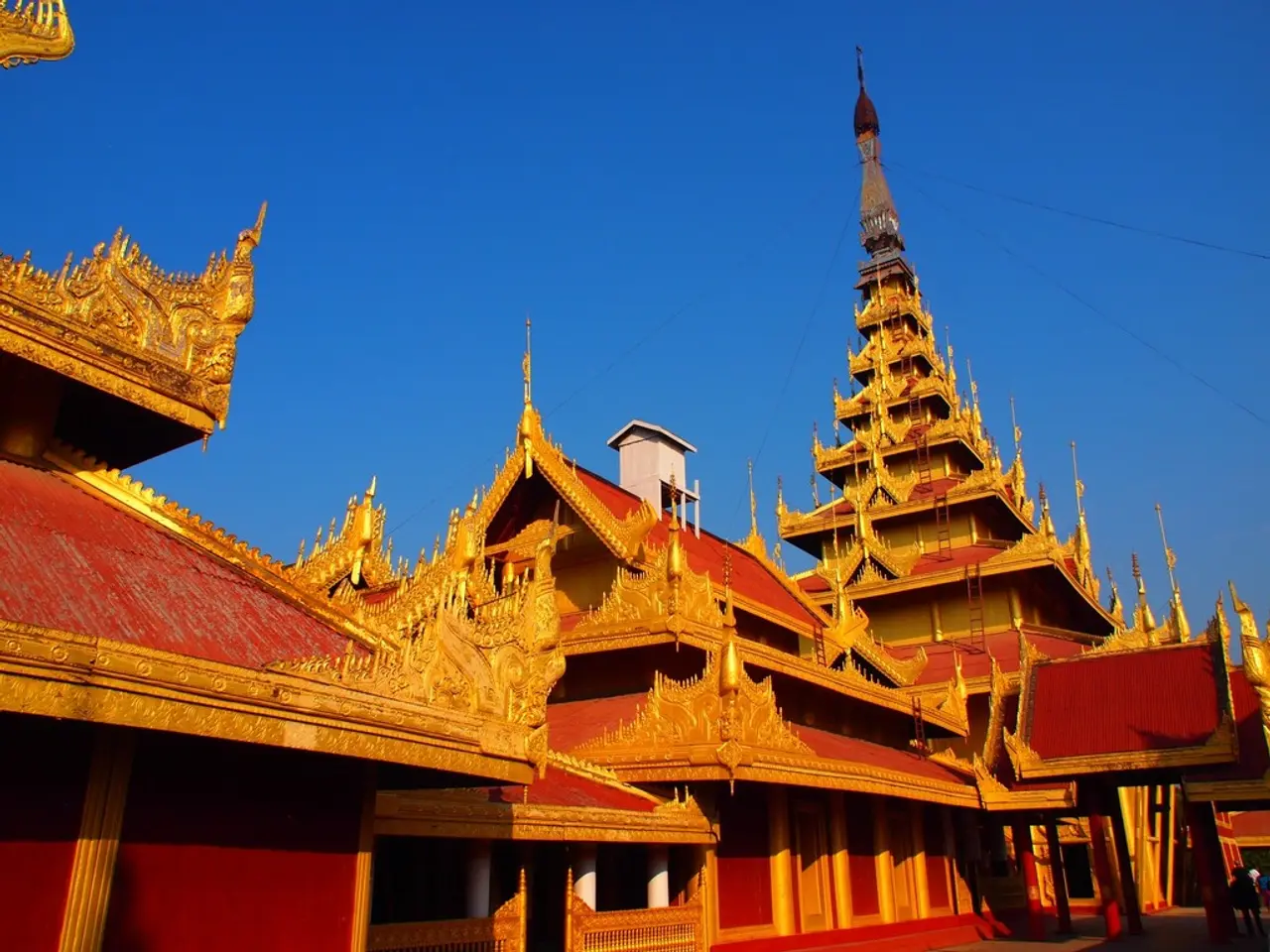Escalating Conflict at Khao Kradong
The long-standing Khao Kradong land dispute in Buri Ram's Muang district has reached a critical juncture, as the Thai government has formally begun reclaiming the disputed land, over 5,000 rai, which the Supreme Court has ruled belongs to the State Railway of Thailand (SRT).
The dispute, with roots dating back to a 1919 Royal Decree, has seen the area subdivided into nearly 1,000 private land titles, held by individuals and private entities, including notable families linked to the opposition Bhumjaithai Party.
The Interior Ministry and Department of Lands are implementing court rulings to revoke these private land title deeds. A joint committee, including SRT representatives, is tasked with re-examining boundary lines before proceeding with revocations, following instructions from the Central Administrative Court. Meanwhile, the Department of Special Investigation (DSI) is conducting fresh reviews of nearly 1,000 plots and mapping land use changes to support a special investigation.
The government and the ruling Pheu Thai Party support the reclamation efforts, emphasizing compliance with the Supreme Court rulings and legal mandates confirming SRT's ownership. However, the opposition Bhumjaithai Party, with interests against the land revocation, opposes the process, warning that more than 900 title holders plan lawsuits against Interior Ministry officials, alleging negligence and defending their land rights.
The SRT is prepared to offer land leasing options to alleviate hardship on affected residents. Negotiations with residents and land users of the disputed area will determine whether they prefer to relocate or enter into a leasing agreement under SRT regulations.
Sutin Klungsang, a Pheu Thai list-MP, has denied any political motives behind the Khao Kradong land title revocations, assuring that they are proceeding strictly in accordance with the facts and within the framework of the law. Meanwhile, Sanong Thepaksornnarong, a Bhumjaithai MP for Buri Ram, has expressed scepticism about the revocation process and has threatened to sue the SRT director-general for dereliction of duty if land titles are not revoked.
Jade Donavanik, a legal scholar, has emphasised the need to establish clear boundaries for the land in question, either by using a single authoritative map or by compiling and comparing all existing maps. The SRT claims it inherited the right to possess and utilize the land in Khao Kradong, which was designated as a reserved railway zone in 1919.
The SRT's next steps will depend on instructions from the new DoL director-general or an acting official. The current status of the dispute remains highly contentious, involving legal, administrative, and political dimensions, with ongoing government efforts to enforce the court rulings and reclaim public land.
The ongoing Khao Kradong land dispute, steeped in history and politics, escalates as the Thai government, in agreement with the Pheu Thai Party, moves to reclaim the land contested by various individuals and entities, including opposition party Bhumjaithai. However, this decision has prompted the Party to threaten legal action against Interior Ministry officials, asserting their own land rights.






